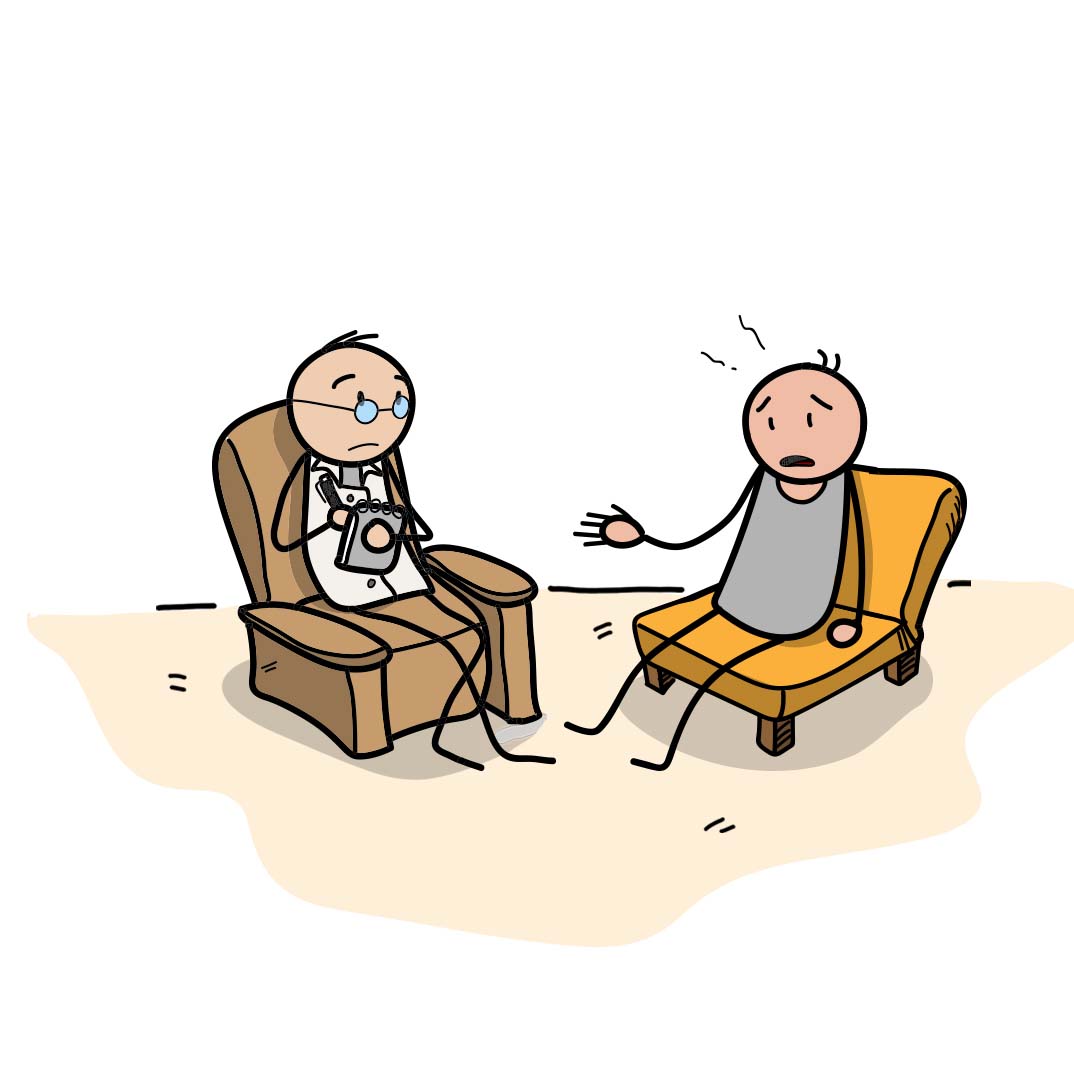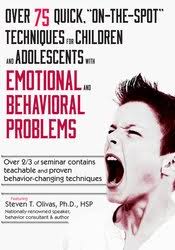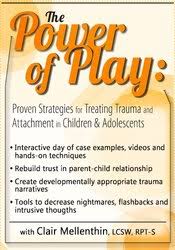How To Make Your First Session So Effective That Your Clients Leave Full Of Hope, Commitment To Change and Motivation To Do The Work
NICABM – Making First Sessions Great
How To Make Your First Session So Effective That Your Clients Leave Full Of Hope, Commitment To Change and Motivation To Do The Work
More than 20 percent of clients won’t come back for a second session.
That’s why first sessions really matter.That first meeting with a new client can determine whether or not they continue with treatment.
So how do we make sure our first session is so powerful and so effective that our clients leave with hope, commitment and motivation to do the work?
We asked 17 top experts to tell us what they think about when approaching a first session. What are their goals? How do they start? How do they work with the challenges that first sessions present? What are the warning signs they look for?
They shared their insights and strategies – ones that you can apply to your work with clients today.
Successful Strategies to Make Your First Sessions Great
lanting Seeds for Success in the First Session
Lynn Lyons, LICSWÂ Â Â Â Â Â Ron Siegel, PsyD
One simple but effective pre-session communication that can prime your work for success
How to have clients leave your first session brimming with hope and confidence
One adjustment to your initial client assessment that can boost engagement and motivation
irst Sessions with Challenging Clients
Marsha Linehan, PhDÂ Â Â Â Â Â Ron Siegel, PsyD
Rick Hanson, PhD
A first session compatibility check to gauge proper practitioner/client fit
The crucial empathic connection that can defuse a client’s initial defensiveness
One change to a behavior-modeling technique that can save your client from feeling criticized
How to present feedback so the client doesn’t fall prey to harmful self-blame
How to Manage a Client’s Expectations for Treatment
Christine Padesky, PhDÂ Â Â Â Â Rick Hanson, PhD
An immediate way to remedy a new client’s unrealistic expectations for therapy
One approach to address a client’s low motivation (and turn it into a more fruitful first session)
What a Client’s Nervous System Needs in the First Session
Stephen Porges, PhDÂ Â Â Â Â Kelly McGonigal, PhD
The specific parts of your clinical environment that may be triggering your client’s defensiveness
How white noise generators can actually drive up your client’s fear and arousal
One way your voice can open the portal of presence and engagement with a new client
How to Foster Greater Client Disclosure for More Accurate Diagnoses
Shelly Harrell, PhDÂ Â Â Â Â Ron Siegel, PsyD
How to dilute the power dynamic in a first session so the client feels comfortable taking risks
How to work with the hidden cultural factors that may be sabotaging your first session
One simple question at the beginning and end of a first session that can lead to more accurate diagnoses
How to Address Common Warning Signs in the First Session
Ron Siegel, PsyDÂ Â Â Â Â indel Segal, PhD
Rick Hanson, PhD
Three warning signs that can derail a successful first session
Why a client’s oversharing in a first session may signal a potential early dropout
How to disarm the first sign that a client may be idealizing your work
A Body-Focused Approach to a Successful First Session
Pat Ogden, PhDÂ Â Â Â Â Kelly McGonigal, PhD
How a new client’s body movement can reveal hidden sources for healing
One way to uncover and expand actions of hope that may be trapped in the client’s nervous system
An important reframe in the first session that can help increase a client’s agency in their healing
One way to broaden a client’s “aspirational window†so they leave the first session with a sense of hope
Key Skills to Alleviate a New Client’s Feeling of Vulnerability
Dan Siegel, MDÂ Â Â Â Â Kelly McGonigal, PhD
Richard Schwartz, PhD
How to keep a client’s social engagement system from thwarting the first session
Nine practitioner behaviors that can directly affect clinical outcomes
How to fend off attacks from a client’s most vulnerable parts when they turn protective
How to Build Hope in the First Session
Bill O’Hanlon, LMFT     Rick Hanson, PhD
A counterintuitive way to immediately connect clients to feelings of hope and possibility
How to expand a client’s capacity to see beyond their problem and into a better future
A first session approach to help shift a client’s negative mindset
Strengthening a New Client’s Commitment to Therapy
Rick Hanson, PhDÂ Â Â Â Â Kelly McGonigal, PhD
The “three pile†approach to a first assessment that can reveal untapped opportunities for healing
Two unconscious judgments when we first meet someone that can block a therapeutic connection
Why your client’s issue may stem from a “scaling†problem (and how to boost their commitment to improve it)
How Your Opening Question Can Set the Tone for Success
Ellyn Bader, PhDÂ Â Â Â Â Rick Hanson, PhD
How to phrase your initial greeting so it becomes a litmus test of the client’s motivation
A practical strategy to help clients self-assess problematic behavior (and boost accountability)
How to transform a tension-filled first session with couples into a positive commitment to problem-solving
How to help clients “buy in†to doing the important work in your treatment plan
Building a Strong Therapeutic Bond That Will Last Beyond the First Session
Bill O’Hanlon, LMFT     Joan Borysenko, PhD
Kelly McGonigal, PhD
How to connect a new client’s talents to beneficial therapeutic experiences
The conversational shift that marks the exact moment a client is ready for change
Two important questions at the end of a first session to verify you (and the client) are on the right track
Two Ways to Work with an Underlying Medical Issue in the First Session
Ron Siegel, PsyDÂ Â Â Â Â Dan Siegel, MD
Joan Borysenko, PhD
The important first step when a client’s issue may have an underlying medical problem
A vital query to help pinpoint the exact way a client’s problem is keeping them stuck
The five integral components of meaning to help shift a new client’s mindset about their experience
Here’s What You’ll Get:
Everything is yours to keep forever in your professional library
Downloadable videos so you can watch at your convenience, on any device
Audio recordings you can download and listen to at home, in the car, at the gym or wherever you like
Professionally-formatted transcripts of the sessions, to make review and action simple
Two downloadable bonuses to help you work more effectively in a first session
Get Three Bonuses to Help You Work More Effectively in a First Session
Bonus 1
How to Get a Reluctant Client to Come to Therapy
Lynn Lyons, LICSWÂ Â Â Â Â Â Kelly McGonigal, PhD
Why Skillful Self-Disclosure Can Be Vital for Connecting with an anxious First-Time Client
One Natural Yet Powerful Way to Enhance Empathy in a First Session
Bonus 2
First Sessions with Couples – Part 1
Sue Johnson, EdDÂ Â Â Â Â Â Joan Borysenko, PhD
Working with a Couple’s Fears in the First Session
Two Ways to Create a Safe Space for Both Partners in the First Session
Strategies for helping a Couple Feel Less Anxious During the First Session
First Sessions with Couples – Part 2
Stan Tatkin, PsyD, MFTÂ Â Â Â Â Â Rick Hanson, PhD
One approach for getting a Comprehensive Picture of a Couple in a First Session
How to Categorize a Couple’s “Red Flags†in a First Session
Key Ways to Help Both Partners Lower Defenses in a First Session
Bonus 3
When to Disclose Personal Details in a First Session
Shelly Harrell, PhDÂ Â Â Â Â Â Rick Hanson, PhD
One approach to get a Better Sense of What’s Most Important to Your First-Time Client
The 3 Types of Communication We Need to Keep in Mind during a First Session
One strategy to Help a Client Feel More Relaxed in a First Session
Why the Transcript Is Essential:
The transcript makes it easy to go back and double check concepts, citations and names that are mentioned
We put in a table of contents to make it easy for you to find the exact part of the session you need
Having the concepts already written allows you to take notes on how you’re going to use the ideas rather than transcribing the ideas
Some people simply learn better by reading than by listening or watching
You will be able to print out and share techniques presented in the session with your patients
You Are Protected By
NICABM’s Money-Back Guarantee
We invite you to register for this comprehensive training program without any risk. Unless you are completely satisfied, we will refund your money. Just let us know within 30 days from the date of registration. We are that confident that you will find this information to be more than you expected.
Download NICABM – Making First Sessions Great right now on AMZlibrary.com !
Here’s What You’ll Get in NICABM – Making First Sessions Great








